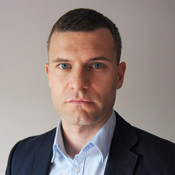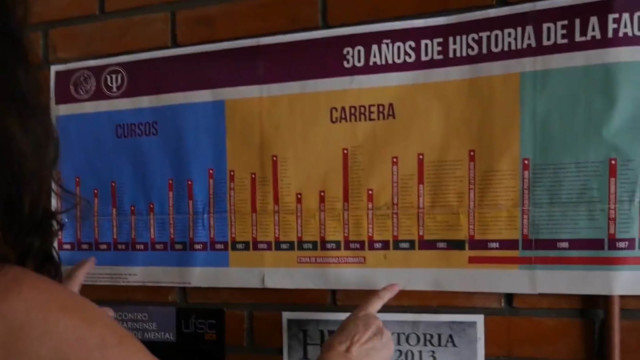The psychiatry and therapy industry is still a place of opportunity for many Argentine students.
CGTN’s Joel Richards reports.


According to Buenos Aires University, Argentina has more psychologists per capita in the world, more than three times Finland, and more than six times the United States
Argentines are open about going to therapy, and though traditional psychoanalysis may be on the wane, psychology is opening up in the workplace and still attracting students.
“Usually, people are not ashamed of telling another person, ‘My therapist said this’ or ‘My psychologist recommended this.’ It is something that usually comes up in conversation,” Rocio Sendra a psychology student said.
Coinciding with the trend toward more psychologists, Argentina is also a country synonymous with a faltering economy. In 2001, a sovereign debt default and a social and political crisis led Argentines to protest and demand the political class must quit.
“Psychoanalysts were the most important kind of public intellectuals. They were consulted all the time, by the press and on TV, all the discourse dealing with society were losing legitimacy, nobody paid attention to an economist, or to a sociologist, they were all wrong,” Mariano Plotkin, author of ‘Freud in the Pampas’ said.
However, for the average Argentine, therapy remains expensive. Health insurance plans offer limited coverage – high inflation means therapy is something many choose to cut back on. Yet, psychotherapy’s influence remains.
“For me, the important thing about psychology, about going to therapy, is that you have someone you can talk to very honestly about your life, and that helps you think about the things that are important. It also helps you to ask questions about how you want to live your life,” Rocio Sendra another psychology student said.
Albert Brok on Argentina’s psychology industry, culture
Why have Argentines taken to psychology and what does it mean for their economy and society? To learn more about the growing trend, CGTN’s Rachelle Akuffo spoke with psychologist Albert Brok.
 CGTN America
CGTN America

